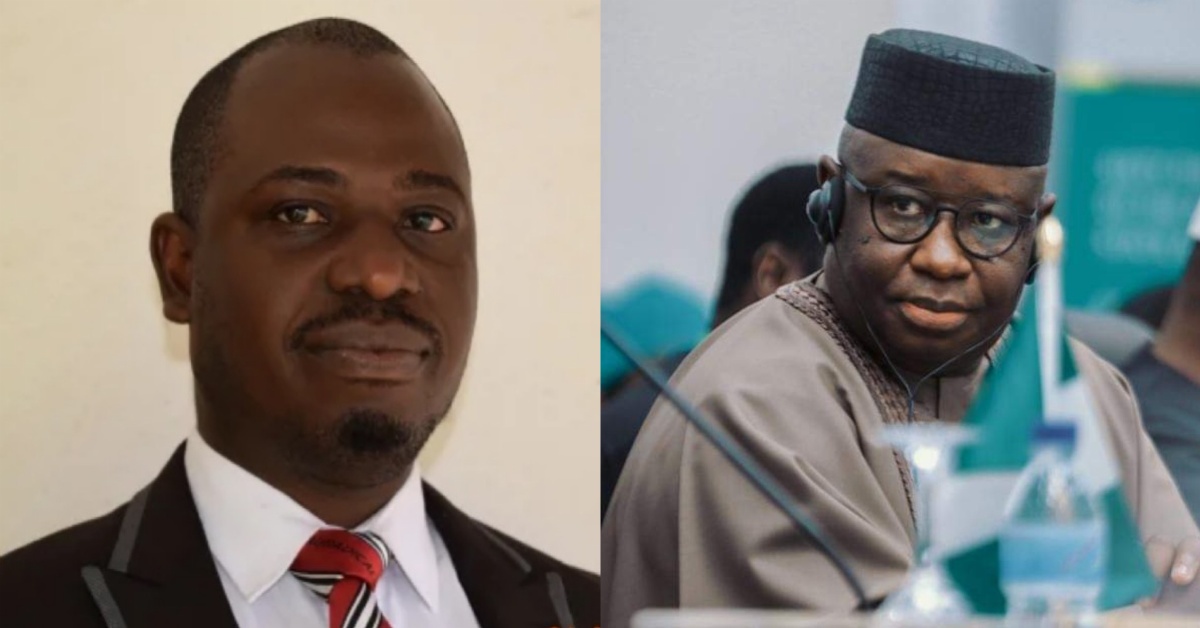In a compelling recent address, Honorable Abdul Kargbo, the opposition leader of Sierra Leone’s Parliament, urged the government to adhere to the democratic standards mandated by the Millennium Challenge Corporation (MCC) for continued support.
In a video that has gained significant traction online, Kargbo emphasized the All People’s Congress (APC) party’s commitment to advancing national development and good governance, asserting that the APC champions sustainable development rather than opposing progress.
Kargbo underscored critical factors that the U.S. government evaluates when considering MCC funding, including the state of democracy, civic tolerance, citizen engagement, anti-corruption efforts, and sound economic management.
He called upon all Sierra Leoneans who desire a successful government to advocate for robust democratic processes.
“If the government fails to uphold these democratic standards, it undermines its own chances for MCC support,” Kargbo cautioned, suggesting that any lapses could jeopardize future financial assistance from the MCC.
The opposition leader clarified that the APC is not against the MCC, recalling the previous administration of former President Ernest Bai Koroma, which engaged with the MCC back in 2015.
He highlighted that MCC project funding generally entails a five-year implementation period, and many initiatives launched during Koroma’s presidency were executed under President Julius Maada Bio’s administration, culminating in March 2021.
Kargbo reiterated that the MCC has established clear benchmarks for funding, warning that any deviation from these standards might result in the revocation of financial support.
He called for collaborative efforts among all stakeholders to ensure the government meets its obligations. “As much as we want good things, we also want good things to come to Sierra Leone,” he affirmed.
This statement comes at a pivotal moment for Sierra Leone as the nation strives to navigate its development path and secure international funding, underscoring the importance of maintaining democratic integrity in the face of external support.












The hope of mama salone indeed you are a political guru a man who believe in domocracy we pray for God guidance and protection sir.
Blessed heavyweight Honorable A.Kargbo
From Mohamed Kamara (Escort)